From the 12th of April until the 29th of June 2024 you can visit an exhibition co-curated by GEMS-members Kornee van der Haven and Caroline Baetens in collaboration with Piet de Blaeij from Museum Het Warenhuis. The exhibition centres around the early modern Dutch poem Dapes inemptae, of de Moufe-Schans (1621) in which Petrus Hondius celebrates his life in the garden the ‘Moffenschans’. You can explore the seventeenth-century garden life in this exhibition through Hondius’ verses. You walk through the garden and the poetry to get a unique picture of garden life in the seventeenth century. The garden comes to life as a place of pleasant gatherings, of plant science, of experimenting with nature and landscape, but also as a place where you can indulge in gardening.
Vers uit de tuin. Petrus Hondius’ dichterlijke wegwijzer door het zeventiende-eeuwse landschap.
Tentoonstelling UGent & Museum Het Warenhuis (Axel), 12 april – 29 juni 2024
Bij verse oogst uit de tuin denk je waarschijnlijk in de eerste plaats aan wortels of komkommer. In de zeventiende eeuw oogstten tuinbezitters niet alleen groenten, maar ook dichterlijke verzen uit de Zeeuws-Vlaamse grond! Die gedichten geven een inkijkje in hoe het rijke tuinleven in de zeventiende eeuw werd ervaren. Een van de eersten die over dat leven in de tuin dichtte, was predikant Petrus Hondius. In 1621 bezingt hij in zijn dichtwerk, Dapes Inemptae, of De Moufe-schans, alles wat er te beleven valt in zijn tuin bij Terneuzen (de Moffenschans): van maaltijden met groenten van eigen bodem, tot de kweek van zeldzame bloemen en uitstapjes door de omliggende velden.
Van 12 april tot 29 juni 2024 kun je in Museum Het Warenhuis te Axel via Hondius’ wandelpaden zelf het zeventiende-eeuwse tuinleven verkennen in de expositie. Je bewandelt de gangen van de tuin via het dichtwerk en krijgt zo een uniek beeld van het tuinleven in de zeventiende eeuw. De tuin komt tot leven als een plek van gezellige samenkomsten, van plantwetenschap, van experiment met natuur en landschap, maar ook als een plaats waar je je kunt uitleven in het tuinieren. Wie weet herken je je eigen ervaringen wel in Hondius’ verzen of leiden zijn wandelpaden je tot nieuwe inzichten over de hedendaagse tuin!
Veel idealen uit Hondius’ poëzie zijn herkenbaar voor een hedendaagse lezer. Net zoals stedelingen vandaag aan de drukte trachten te ontsnappen in een tuin of park, zochten diegenen die daar de mogelijkheid toe hadden ook in de zeventiende eeuw de rust van het platteland op. De Terneuzense predikant geeft dan ook uitdrukking aan die herkenbare drang naar ontsnapping in een groen decor. Ook hedendaagse idealen van zelfvoorzienendheid of lokaal shoppen lijken al vroeg in die literatuur vorm te krijgen, want ook Hondius streeft naar ‘Ongekochte spijs’ of groenten van eigen bodem. Zijn verhaal schetst niet alleen een uniek beeld van het rijke tuinleven in de zeventiende eeuw, maar biedt dus ook een leidraad voor reflectie op onze bedrijvigheid in de tuin vandaag.
Als je het museum uit stapt, kun je de wandeling verderzetten en met een nieuwe blik het landschap rondom verkennen. Op een boogscheut van het museum vind je een laatnegentiende-eeuws landhuis dat nog steeds de naam ‘Moffenschans’ draagt, naar Hondius’ tuin die zich daar eeuwen eerder bevond. Te voet, te paard of te vloot bereist Hondius vandaaruit de polders, schorren, duinen en rivieren rondom zijn tuin. Hij treedt buiten de omheining en legt een breder beeld van het Zeeuws-Vlaamse landschap vast in woord. In de expositie leer je dus iets nieuws over de zeventiende-eeuwse beleving van de directe omgeving van de tuin en het hedendaagse museum.
Ontdek wat het Zeeuws-Vlaamse tuinleven in de zeventiende eeuw zo uniek en toch zo universeel maakt, van 12 april tot 29 juni 2024 in Museum Het Warenhuis (Markt 2, 4571 BG Axel).
Dit project is een samenwerking tussen Museum Het Warenhuis en de Vakgroep letterkunde aan de Universiteit Gent. De expositie kwam tot stand met de steun van de Faculteit Letteren en Wijsbegeerte van de Universiteit Gent, het Maatschappelijk Valorisatiefonds van de Universiteit Gent, het Fonds Wetenschappelijk Onderzoek – Vlaanderen en het Scheldemondfonds.





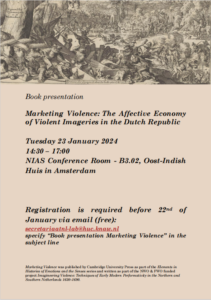
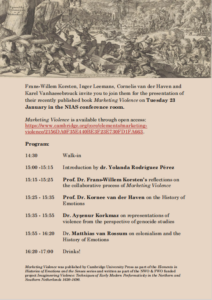


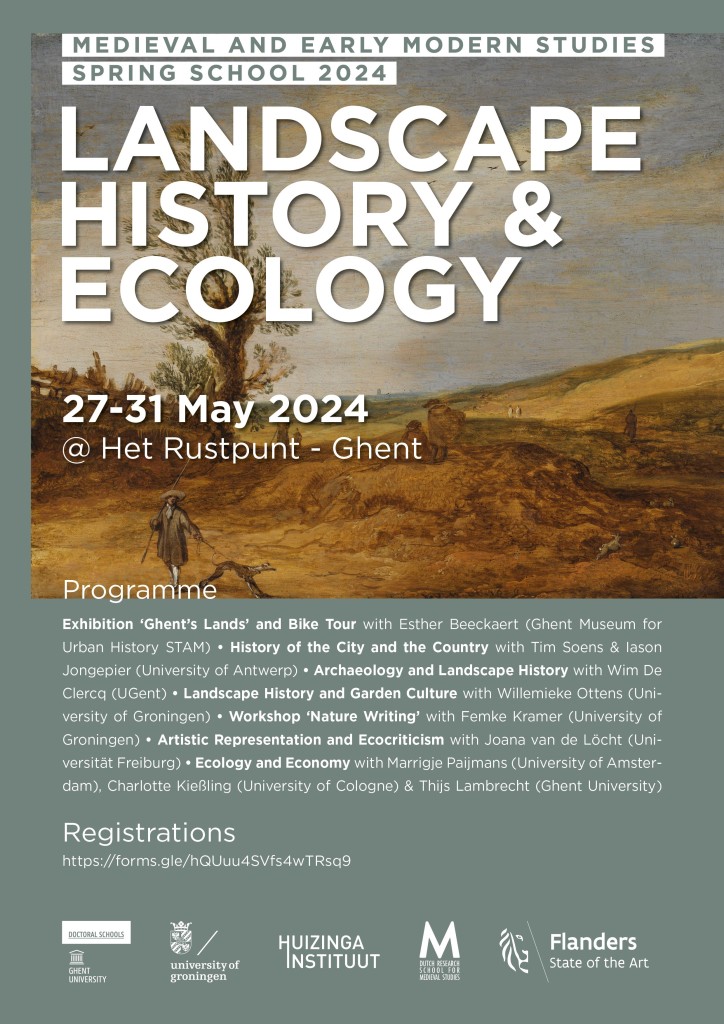
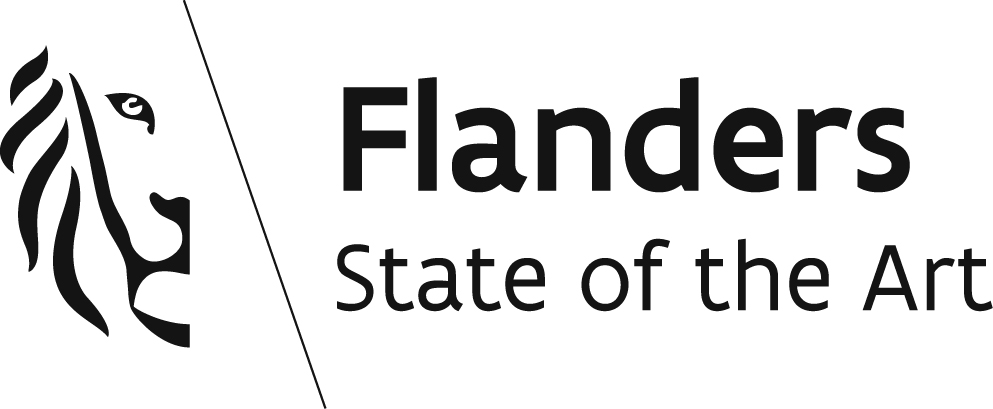
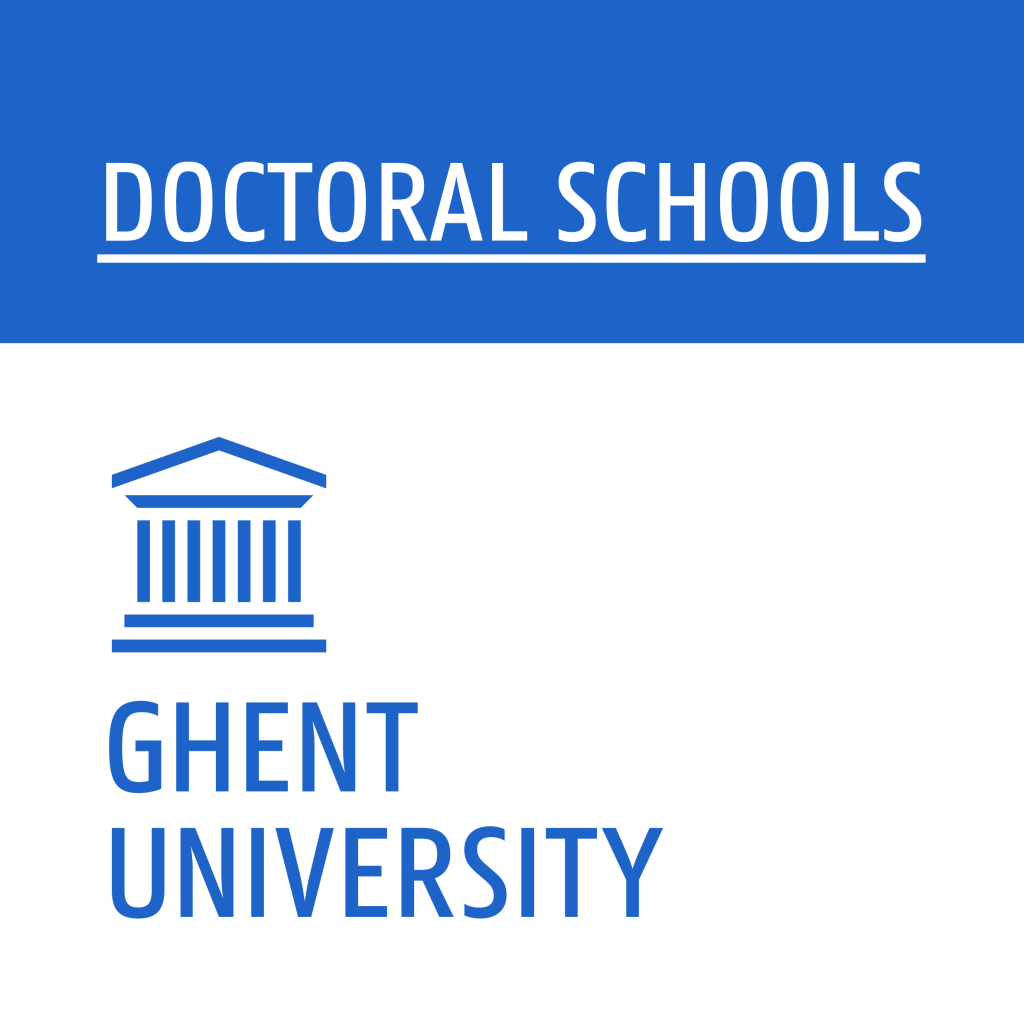

You must be logged in to post a comment.